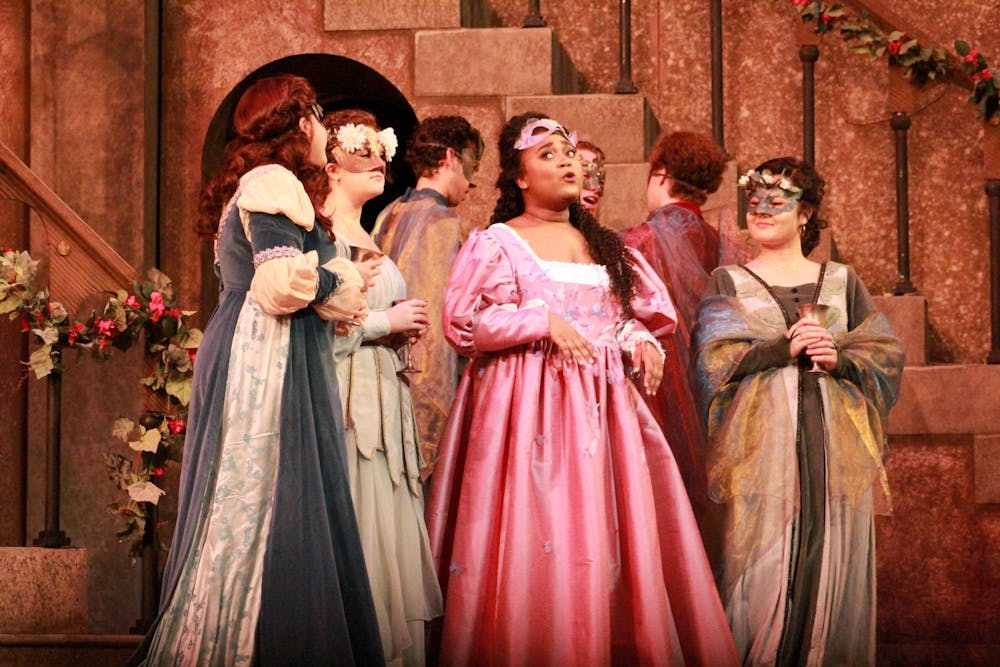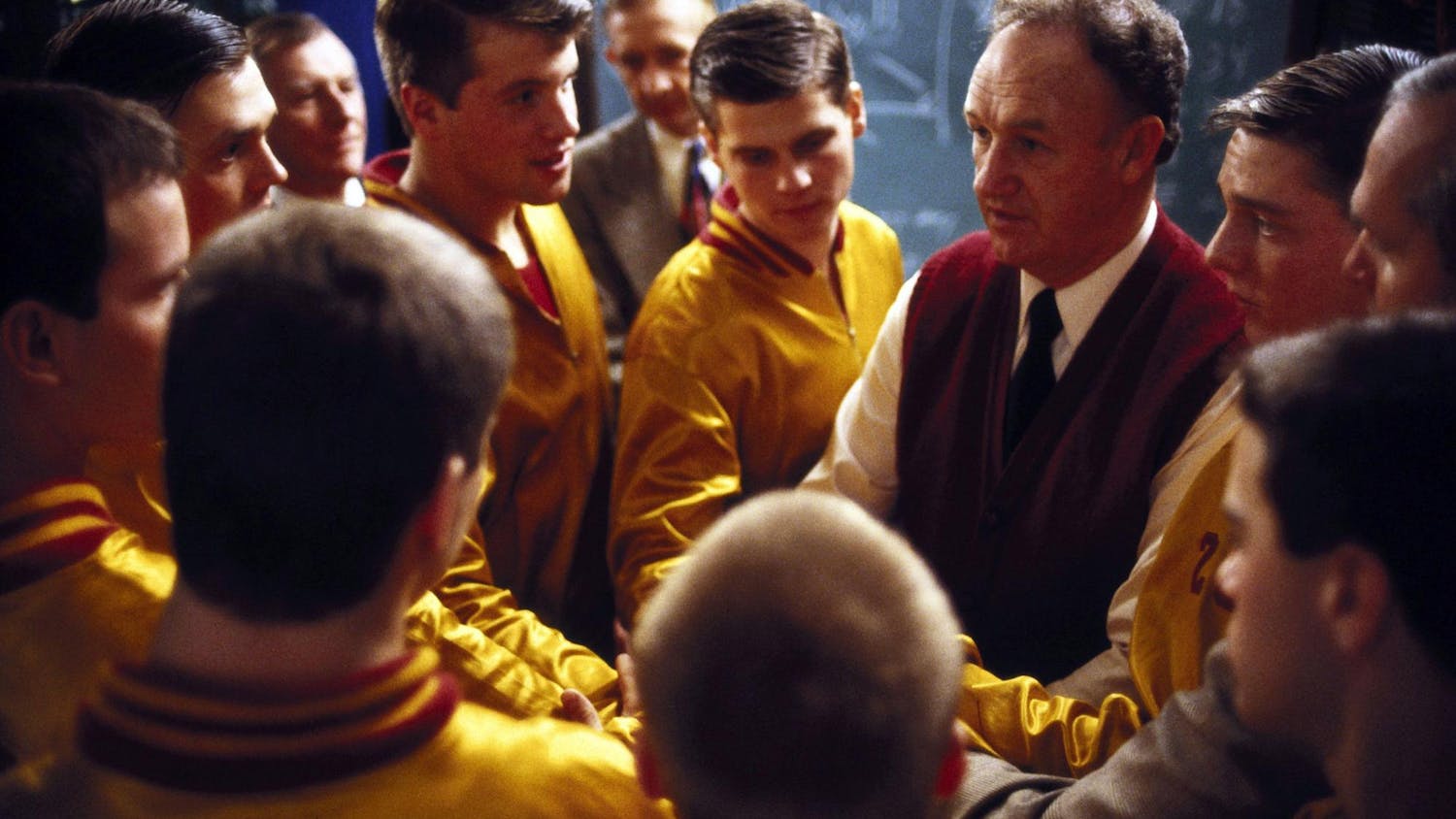With works ranging from George Frideric Handel’s 289-year-old “Alcina” to Martin Bates and Gene Scheer’s never-before-seen “The Amazing Adventures of Kavalier and Clay,” the IU Opera and Ballet Theater will offer operagoers seven different performances to experience this 2024-25 season.
But for those new to the genre, what goes into the process of curating an opera season?
The journey toward presenting a season begins long before planned opera productions grace the Musical Arts Center stage. Most opera seasons at Jacobs have been all but finalized by an opera committee about one year in advance. In the case of co-productions with professional companies, seasons may be planned as many as two or three years ahead.
Thomas Kernan, recently appointed the music school’s first assistant dean of artistic operations, emphasized the importance of balancing large preparatory windows for complex projects with offering timely responses to artistic, cultural, social and political catalysts.
“Right now, we are finalizing the season for the 2025-26 academic year. Probably by the end of this month, we will know all of the operas for next academic year, and then we’ll start having discussions about operas for the seasons after that,” Kernan said. “But [if] something happens in the world, we want to respond to it with our art.”
Kernan cites this balance of forethought and relevance as one of the biggest challenges of a season’s curation process.
“[We want to plan] as far out as we can to do complex projects,” Kernan said, “but also stay timely to say, ‘there’s something happening, and we want to say something about that with our art.’”
To help weigh these diverse considerations, the opera committee draws on the expertise of faculty and staff across the music school. Figures from conductors, music and stage directors, and voice and orchestral faculty, as well as budget, communications and marketing teams assemble to help create maximally meaningful opera experiences for students.
“There’s a very direct pedagogical element of what will work best for our students’ teaching and learning purposes. There is a factor of what is going on in the field [and] how we can really be a part of that conversation about training students for what’s on [their] horizons,” Kernan said. “We’re doing a lot of large productions, but we’re also doing that in the context of a university.”
Kernan also stressed the consideration of operagoers’ enjoyment.
“How exciting will it be for an audience?” Kerman said. “We want it to be interesting between areas.”
Catherine Compton, managing director of the IU Opera and Ballet Theater, similarly highlighted students’ education and professional development as two of the main priorities in selecting an opera season.
“We’ve produced with all the major players in the industry. That’s a really exciting thing for our students,” Compton said. “The Musical Arts Center was designed to be a learning laboratory, to give our students and faculty a chance to have research and creative activity on the stage. It’s also really exciting for us to be in conversation with other professional organizations to chart a future together for the art form, and have our students really be at the forefront of that.”
A critical part of this industry-relevant opera education is exposing students to a wide range of works, and to diverse storytelling experiences, Michael Shell, the theater’s resident stage director, said.
“It's definitely [a big conversation] in the broader opera world, and definitely here,” Shell, who is also an associate professor of music, said of diverse representation on the stage. “We’re definitely looking to [amplify] a variety of voices when we program and tell stories of people who have not had stories told about them.”
Compton highlighted the artistic and educational importance of this representation.
“I think that our choice of titles and all of the different factors going into choosing an opera season support our students in the goal of inhabiting characters,” Compton said. “Opera, at its core, is about storytelling and developing empathy.”
The 2024-25 IU opera season will begin with a combined presentation of Giacomo Puccini’s “Suor Angelica” and Leonard Bernstein’s “Trouble in Tahiti” at 7:30 p.m., Sept. 27-28.




